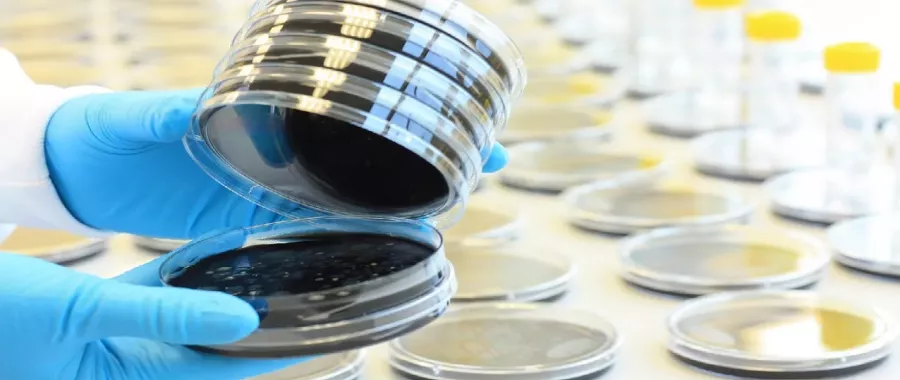Summer is upon us, bringing with it sunshine and warmer weather.

While the heat might be very welcome for those of us who like to spend more time outdoors, it does also create the right conditions for bacteria, like Legionella, to thrive.
An aquatic organism, Legionella is found widely in building plumbing, and in lakes, rivers and soil too. It is dormant at temperatures below 20°C, but as soon as the weather begins to warm, it could start to multiply, making the potential for Legionella growth in water systems much higher in summer months.
For business owners, property managers and ground maintenance managers, the presence of Legionella in their water systems is a serious issue, as it has the potential to cause Legionnaires’ disease. This is a form of pneumonia contracted from the inhalation of contaminated aerosols typically from hot and cold water systems and evaporative cooling systems. However, there are steps that can be taken to limit Legionella growth and minimise the risk to human health and wellbeing. The following are some tips to help you keep your building’s water systems safe this summer:
- If you are in charge of a property that will be empty for the summer, such as a school or student accommodation, you should flush all outlets for at least three minutes every week. All outlets should also be flushed for five minutes immediately prior to occupancy. Alternatively, you can drain hot and cold water systems, refilling and disinfecting the system prior to use. Always remember to keep aerosol release to a minimum when undertaking flushing
- Keep all hot water systems at a constant 60°C, maintaining at least 50°C at the outlet (55°C in healthcare environments). Cold water should be kept below 20°C wherever possible and, during checks, if the temperature is above 20°C outlets should be flushed weekly for at least three minutes. If the increase is confined to just one outlet, you should thoroughly flush it and evaluate its usage and need
- The demand on evaporative cooling systems can be greater during the summer. It is therefore important to make sure that the systems are operating safely with a robust chemical dosing and water treatment programme, regular monitoring and inspection, as well as regular TVC and legionella sampling
- If you’re the person in charge of a premises, such as a commercial property or a residential letting, you should ensure your legionella risk assessment is up-to-date, comprehensive and suitable for the building in question. You should also make sure you have a management plan and an appropriate control regime in place, should there be a foreseeable risk from legionella
- For ground maintenance managers, do not leave wash-down and garden hoses attached to bib taps or out in the sun after use – the water will stagnate and as it warms up, could lead to Legionella growth which will become airborne when next used
Whether you are in charge of a commercial premises, or a business owner worried about your property, making sure your water systems remain safe to use can be a worry. However, following the tips above can help you manage Legionella risk effectively, ensuring you keep your building, and its occupants, safe this summer.
If you’re a business owner, or person in charge of premises, and would like in-depth advice about managing Legionella risk in your building, you can contact us at salesuk@socotec.com.
Visit out water hygiene page to find out more about our services.
Want to find out more about SOCOTEC's water hygiene services?

You might also like







Add new comment